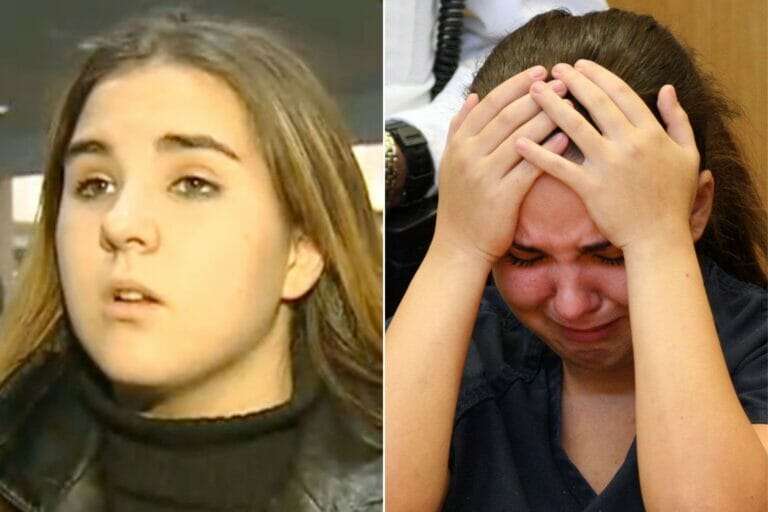Jenna Oakley Teen Killer Murders Stepmother
Jenna Oakley was fifteen years old when she murdered her stepmother in Kentucky. According to court documents Jenna Oakley and her twenty year old boyfriend Kenneth Nigh would murder the woman before fleeing in her vehicle (no cause of death has been released). The teen killer and her boyfriend would be arrested in New Mexico a few…








